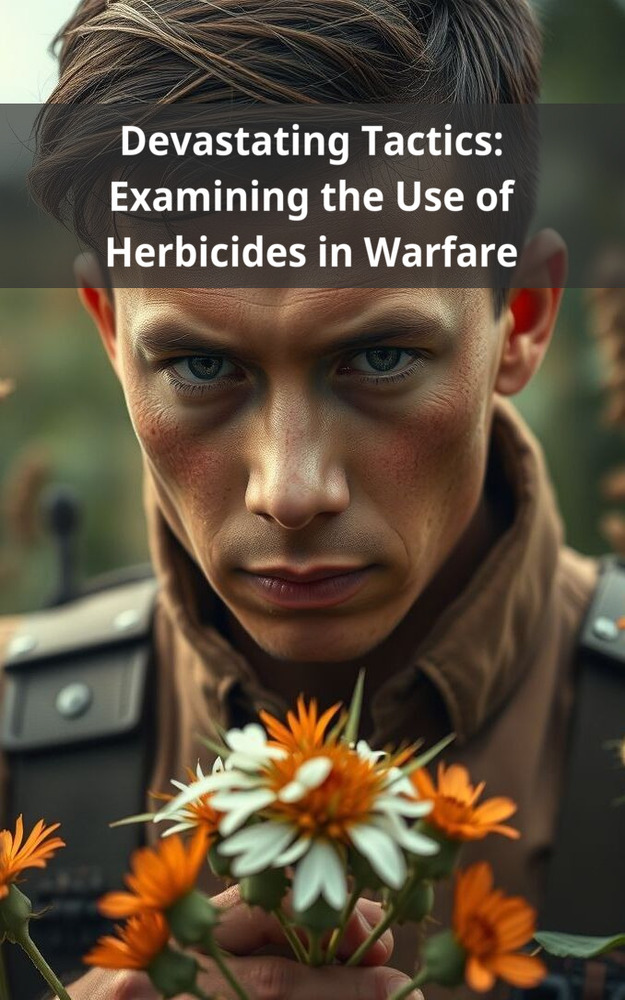Description
The Vietnam War stands as a stark reminder of the catastrophic effects of herbicides in warfare. Agent Orange, a notorious defoliant, was liberally sprayed over vast swathes of Vietnamese forests and croplands, leaving behind a trail of environmental devastation and human suffering. The long-term health consequences of Agent Orange continue to haunt both veterans and civilians, raising profound questions about the ethics and efficacy of such tactics.
Beyond the battlefield, herbicides have found widespread application in agriculture, forestry, and land management. While their benefits in enhancing crop yields and controlling unwanted vegetation cannot be denied, concerns have been raised about their potential risks to human health and the environment. The rise of herbicide-resistant weeds has further complicated the issue, necessitating a reassessment of our reliance on chemical weed control methods.
The regulation of herbicides is a complex and evolving field, with government agencies tasked with balancing the need for effective pest control against the potential risks to human health and the environment. The process of herbicide approval involves rigorous testing and evaluation, yet the inherent challenges of assessing long-term effects and accounting for cumulative exposures remain significant.
The controversy surrounding herbicides is multifaceted, with public concerns ranging from the potential carcinogenicity of certain chemicals to the impact of herbicide use on biodiversity and ecosystems. The media plays a crucial role in shaping public perception, often amplifying fears and uncertainties. Navigating the complexities of herbicide use requires a balanced approach, weighing the potential benefits against the risks and fostering informed decision-making.
This book provides a comprehensive examination of the science, history, and controversies surrounding herbicides, with a focus on their use in warfare. Through a blend of historical accounts, scientific research, and expert analysis, it aims to contribute to a deeper understanding of the complex issues at hand. By shedding light on the past and present, the book seeks to inform and empower readers to participate in the ongoing dialogue about the responsible and ethical use of herbicides in modern society.
If you like this book, write a review!
Language : English
Dimensions : 6 x 9 inches
Pages : 194 pages
Pasquale De Marco stands as a prolific author whose literary prowess knows no bounds. With a passion for storytelling that transcends genres, he has made a name for himself as a versatile writer with the extraordinary ability to captivate readers across diverse literary landscapes. His journey as an author is marked by an insatiable curiosity, a love for the written word, and a relentless commitment to sharing knowledge and experiences with the world.
Pasquale De Marco collaborates with a dedicated team of ghostreaders who assist him in evaluating and editing the manuscripts. His collaborators are not only skilled professionals but also avid readers who purchase and read books as a personal hobby. This unique blend of creativity allows Pasquale to push the boundaries of traditional publishing, making literature more accessible and diverse.






Reviews
There are no reviews yet